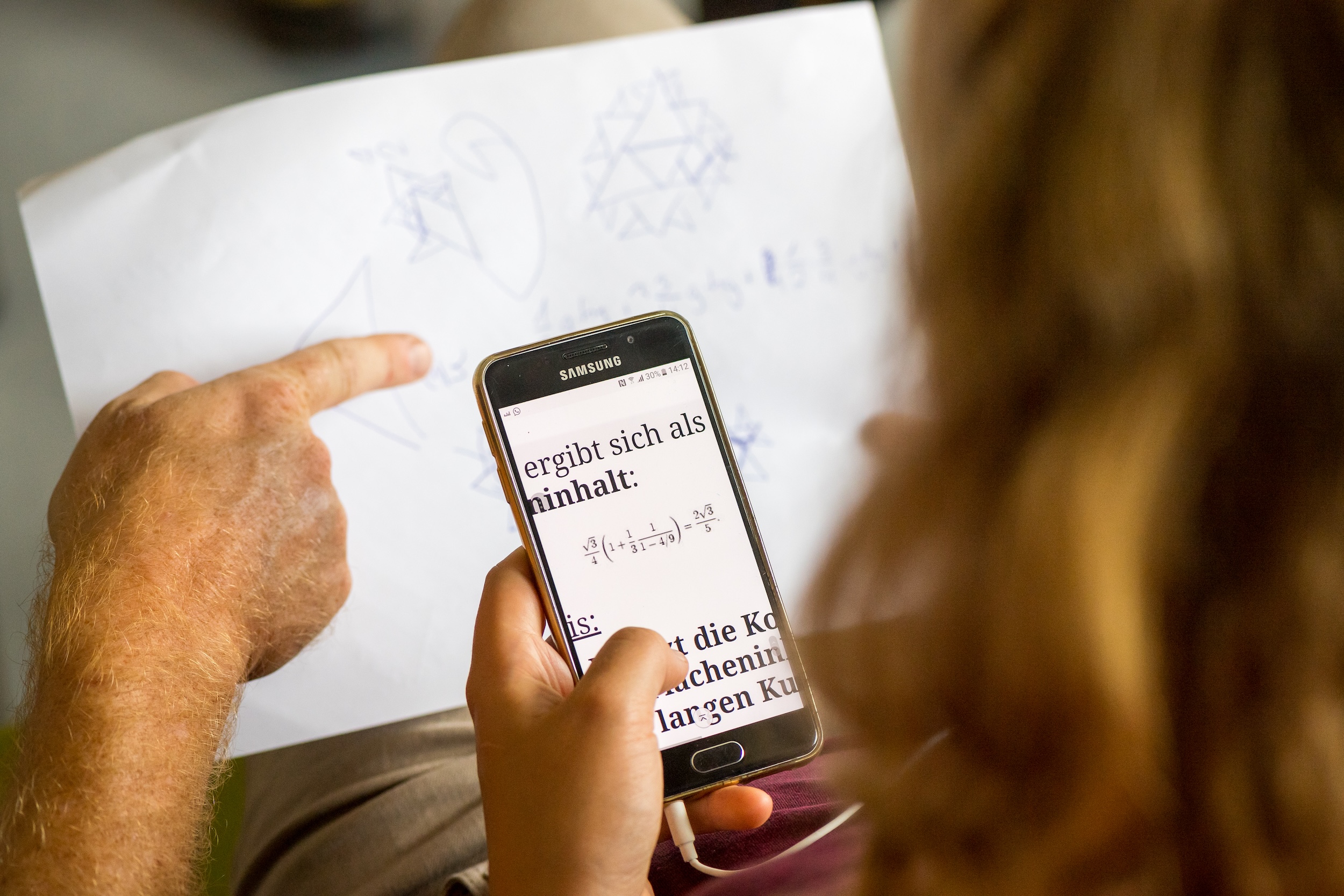


With the growing use of personalized EdTech tools, which adjust learning content based on individual progress, the question arises if EdTech tools should let learners decide what and how they learn or if they should rely more on automated systems. Thus, a key aspect of current Educational Technologies and a broadly discussed concept in this context is the concept of agency.
Generally, agency refers to the ability to make choices and influence outcomes. For learners, agency is about actively participating in their education, while in philosophy, it’s about the freedom to act. In psychology, agency is seen as a belief in one’s ability to act with intention. This concept has become crucial in EdTech, where the balance between learner autonomy and guided learning can affect the overall educational experience.
A Framework for Agency in EdTech
In their review article, Brod et al. (2024) propose a framework called the “agency personalization loop”: This loop adapts the level of agency given to learners based on their unique characteristics and learning progress. By adjusting the level of choice, this approach aims to avoid both extremes: too much autonomy, which might lead to confusion, or too little, which might stifle creativity and engagement.
By exploring the philosophical, educational, and psychological perspectives on the concept of agency, the authors provide guiding principles on how agency can be designed in EdTechs:
The authors emphasize the importance of balancing agency in EdTech design. An adaptive approach to agency, where the level of control is tailored to each learner’s needs and progress, could lead to better learning outcomes and enhanced engagement with EdTech tools. The authors encourage teachers, EdTech designers, and interdisciplinary researchers to work together to find the right balance of agency for effective learning.